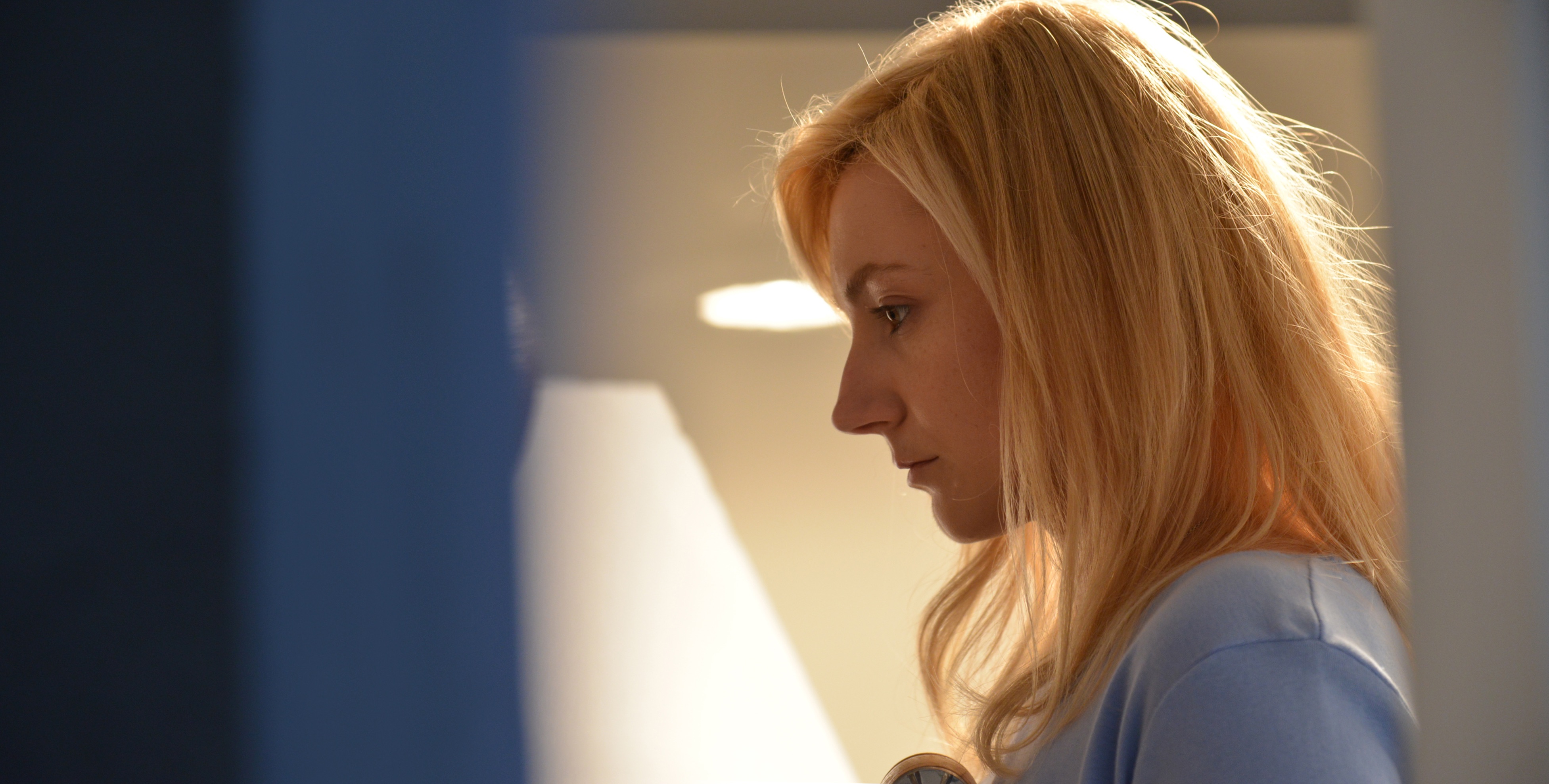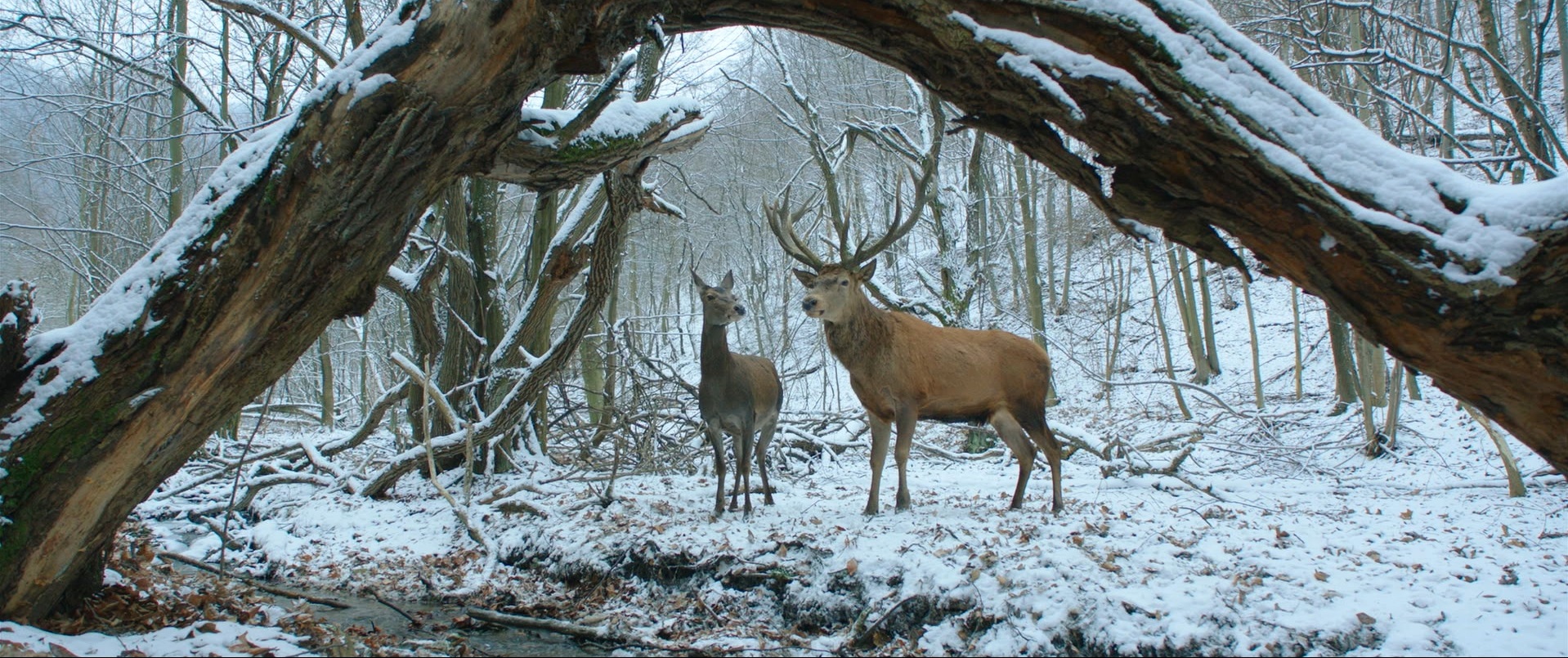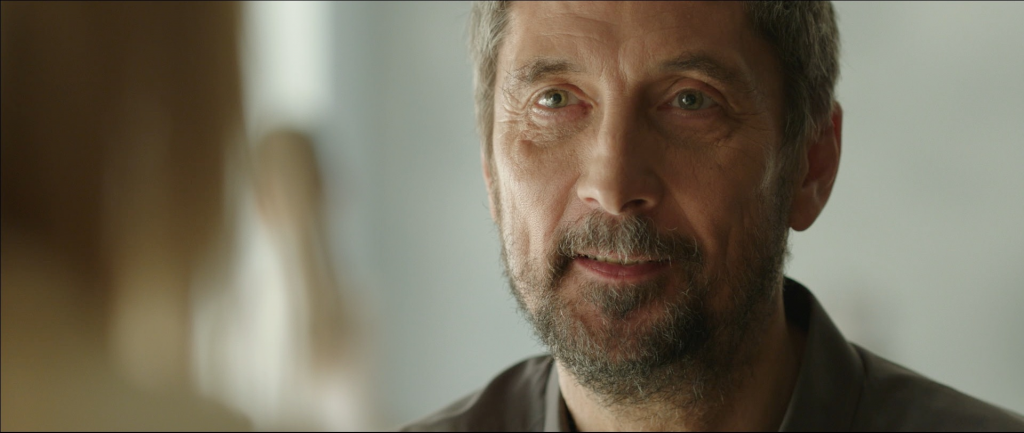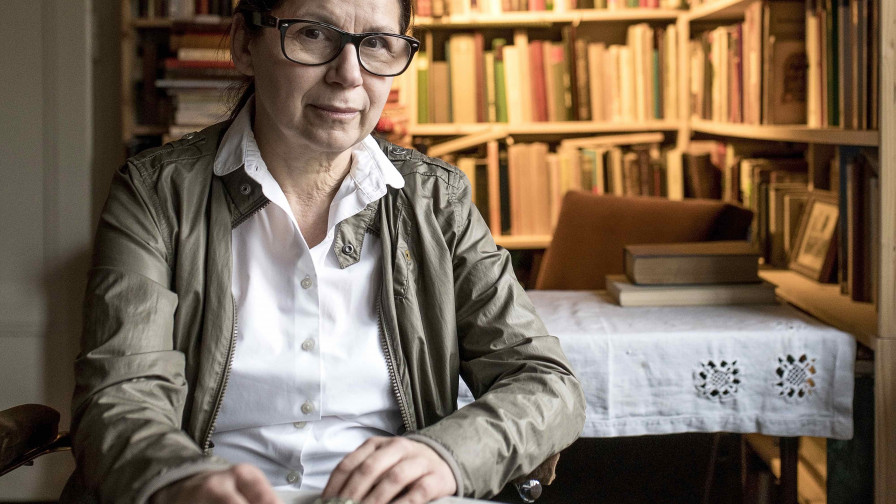“We All Carry Wounds”
When did you come up with the story?
I can tell you exactly when: it was more than ten years ago. I wrote the first draft of the script in 2006. Fortunately, I didn’t force myself to drag it along, so I put it away for a while. When we received funding we continued with the script development. We also found three international co-producers and I was ready to go with a wonderful casting director, but suddenly the Hungarian film support system collapsed: the Hungarian Motion Picture Foundation (MMK) closed, burying the project for a while. The producer András Muhi persuaded me to direct a short film called ‘First Love’, which has done me a lot of good. Then HBO Hungary approached me to direct a few episodes of ‘In Treatment’. I also started to develop a project with the German producer Karl Baumgartner, but unfortunately he died in 2014. Then the new Hungarian National Film Fund was founded and I waited a year to see what would happen before entering the so called. Since the new fund didn’t push films favourised by the system, there was no sign of influence in taste or subject at all and eventually several genuine creators were indeed funded, I finally decided to apply with ‘On Body and Soul’.

Were there any major changes in the story in ten years?
Not at all. In fact, I have never written a script so quickly in my life. The story was practically unleashed in a matter of weeks. It was a real trance. I was very happy to leave that really hard and depressing period of not making films behind me. The first draft was seventy pages long. Not once did I change the main plot or the storyline, but I did make some developments regarding the supporting characters. In doing so I was able to give more layers and depth to the story. I’ll admit, though, that this was very strange for me, because I used to rewrite everything at least eight hundred times.
Can we consider ‘On Body and Soul’ to be self-therapy?
I don’t have an answer to that right now. Maybe in twenty years I will be able to analyse myself.

Each character in the film has a psychological problem.
We all carry wounds. These wounds are gifts of life: it helps us to control our own destiny. These ‘problems’ are psychosomatic signs: they show that there is something wrong in the world where we need to get our bearings. It’s like when your child starts going to school and returns home with a stomach ache, meaning something bad happened. The parameters of our normal life make us ‘problematic’. The existence of psychological problems in the characters means that they have a healthy soul that resists. Life is much more than just obeying social rules, so I didn’t want to create Kaurismäki-like exaggerated characters.
There is a true Hollywood saying along the lines of “strengths and vulnerability are the qualities of real film stars”. Look at Humphrey Bogart or Péter Andorai. When we were looking for clothes for our protagonist, Géza Morcsányi, our model was Clint Eastwood. For example, in ‘Gran Torino’, he wears obscure jackets and grey shirts – it first looks like he has given up, but in fact he is still a great gambler. He was a real inspiration for our costume designer Judit Sinkovics. For Alexandra Borbély, who is an absolute beauty in real life, I had to create a significant on-screen transformation, which she greatly succeeded in. Thanks to the costumes we could make her good looks disappear, yet keep her sensitivity. Judit’s costumes added a lot to the dramaturgy of the film.
The two main characters don’t like each other in real life but dream the same at night: of being a couple.
In the film, the dream sequences are the realistic scenes – both the framing and the visual style – whereas the real-life scenes are a little bit stylised. I was deeply influenced by a film called ‘Dreamcopies’ (Álommásolatok) by Miklós Erdély. There’s a scene about Heraclitus in which it claims that when we are awake we live in intercommunity, but when we are asleep we find our own world. I turned this around in ‘On Body and Soul’: in our dreams we live the Jung-type common unconscious where we are really free and not regulated or collective, whereas during the day we are fragmented, insulated and over-controlled.

The film also carries social criticism: nobody can avoid everyday corruption. Even the investigator’s hands are 'dirty'. There is real, strong irony between the lines…
Probably this is how we live in 'Pannónia'. But yes, the humour, which is also encoded in the love story, was a real risk. I was really worried that it might not work on screen, as it’s not a slapstick comedy. I wanted to stay on the border of killing jokes. When we organised a screening for the crew, our translator who wrote the subtitles was also present. She laughed out loud at the first funny moment and with this she dominated the atmosphere of the event. It was a great relief because you never know if what you think is funny will also be funny for others.
One of your most remarkable virtues is that you capture great moments of our everyday lives. So I guess that makes you an observer.
Every day you face stories that touch your heart, even on a tram ride. When I was in first year of my directing major, there were no smartphones that you could film with. One piece of exercise for my professor, Zoltán Fábri, was to write an experience-based short story. There was a really boring restaurant called Green Tree – it’s turned to be a bank. I was constantly looking for these kinds of hideouts, since back then it wasn’t so easy to sit alone in a café if you were a girl. If you did, it was basically an open invitation for men to join you. You always had to look straight into the book you were reading.
When I went to Paris, I really enjoyed the fact that I could just sit back and look around. But going back to the Green Tree: I sat there and went a bit extreme. I looked at other people and tried to imagine what they were talking about; and that's what I wrote my paper on. Fábri was indignant that I had cheated and bypassed the objective. He claimed that I wasn’t telling anything personal about me, but I was. In fact I had told everything. The fact is that I have an extreme necessity for being alone. The prime moment of my life, for example, is when I sit for five hours at a train station and look at other people. So yes, I am definitely an observer.
Géza Csákvári
